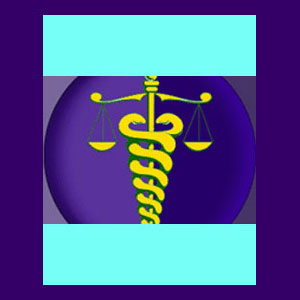
Urinary tract problems can take various expressions and can be the direct result of either a purely anatomical condition or a psychosomatic syndrome.
Urinary disorders can affect men or women and might really influence a person’s general health, social interactions, activity level and self image. Medical science can sometimes treat the symptoms of the urinary concern, but may do nothing to cure the underlying physical or psychological cause, where applicable.
Diagnostic testing should be able to differentiate definite physical sources of urinary dysfunction from idiopathic varieties. If no definitive causation is located, the patient may be best served by considering the possibility of a mindbody syndrome at work, rather than taking part in the trial and error of possibly risky medical treatments which will only be guessing at the underlying source process.
This essay explains the mindbody link between common urinary disorders and the subconscious.
Types of Urinary Tract Problems
There are many manifestations of physical and psychological urinary tract dysfunction:
Frequent urination can cause a patient to lose quality sleep time or live a restricted lifestyle. Many patients develop a fear of unknown places, since they require a bathroom frequently. This fear increases the need to urinate and perpetuates the condition.
Incontinence is more common in women than men. This condition can be physical or psychological, but once again, fear often brings on an attack and perpetuates the condition.
Frequent urinary tract infections are common in some women. This type of urinary disorder is linked to immune system function, which is a common psychosomatic target.
Inability to urinate, also known as a shy bladder, is a psychological condition that prevents urination despite sometimes desperate need. This condition is usually more active in social situations, such as in public bathrooms.
Prostatitis is often a psychological symptom syndrome. An enlarged prostate can cause pain and urinary dysfunction, despite no physical cause for the problem.
Treatment of Urinary Problems
As with almost all potentially psychological pain conditions, neither the patient, nor the doctor, have any suspicion of the true mindbody causation of the problem. This misdiagnosis leads to a regimen of unsuccessful treatments and a recurring condition. Even when treatment is successful, the underlying psychological cause remains and often takes the opportunity to create a new pain condition.
Usual treatment for most urinary tract disorders involves pharmaceutical therapy or minor surgery. It is a shame to risk any side effects of either, since knowledge therapy may be able cure psychogenic versions of many of these urinary conditions with no medical treatment whatsoever.
Solutions for Urinary Tract Problems
Experience working with many back pain patients has taught me that urinary tract disorders are very common. Some patients even had urinary dysfunction directly related to their back pain, despite having no medical diagnosis to support a physical link. This can be terrifying, especially once the possibility of cauda equina syndrome is brought up. These were the first cases that really proved to me that urinary tract disorders are another facet of the epidemic of psychological pain syndromes.
If you are experiencing urinary tract disorders, as well as any other possible mindbody symptoms, there is a good chance that they are connected. Consider giving knowledge therapy a shot at curing all your suffering. It may be a better option than running the gamut of unsuccessful medical treatments for a problem which turns out to be psychoemotionally-induced.
Back Pain > Psychologically Induced Pain Syndromes > Urinary Tract Problems




